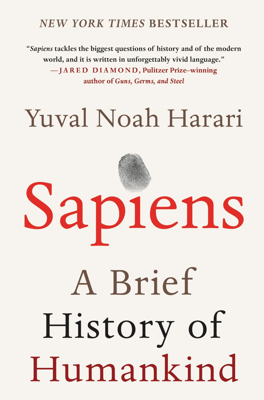Imperial Visions
The Essence and Impact of Empires
Empires, unlike other forms of political order, are marked by their rule over diverse cultural groups and territorial adaptability, enabling them to incorporate an indefinitely large number of peoples and lands without altering their core structure. Historically, an empire could start from voluntary associations or strategic marriages, and could be governed in various forms, including democratic structures. Despite their potential small size, empires like the Athenian or Aztec were able to subsume multiple distinct entities due to historical conditions which supported the existence of many small, populous groups within confined geographies.
Questioning the Nature of Empires
Modern perspectives often criticize empires as inherently evil due to their foundations in conquest and oppression, or suggest that empires are ineffective as they cannot sustainably manage diverse subjugated peoples. However, history shows that empires have been a prevalent and stable form of governance, effectively managing cultural diversity and expansive territories for extended periods. Empires have often only fallen due to external invasions or elite conflicts rather than internal resistance, suggesting an administrative efficiency in assimilating and managing conquered peoples.
Cultural and Ethical Consequences of Imperial Rule
Empires have profoundly shaped human culture, often promoting a standardized set of laws, language, and cultural practices across vast territories to streamline governance and assimilate diverse peoples. The imperial legacy includes not only the coercion seen in subjugation and cultural erasure but also the global dissemination of ideas and practices which have fostered broad intercultural exchanges and the development of global consciousness in various historical periods.
From Cyrus the Great, who advocated for an empire benefiting all its subjects, to modern America’s claims of spreading democracy, the ethos of most empires has been towards universalizing a perceived superior moral or social order. This inclusivity, while often leading to cultural and technological advancements globally, has also been responsible for significant strife during periods of enforced cultural integration.
Imperial Legacy and Modern Identity
The contemporary world, heavily influenced by the legacies of past empires from the Roman to the British, illustrates the complexities of cultural inheritance. Modern national and cultural identities across the globe are deeply intertwined with the practices, languages, and structures established by historical empires. Efforts to purge societies of these inherited imperial traits often overlook how deeply these are embedded within the foundational aspects of modern governance, culture, and social organization.
The Global Empire and Its Future
Looking ahead, the notion of a singular global empire seems increasingly feasible as nationalism declines and global interconnectedness deepens through technology, economics, and collective global challenges like climate change. Such a global organizational form would likely be built not upon conquest but upon the acknowledgment of shared human challenges and rights, striving for an equitable distribution of resources and responsibilities across the globe.
